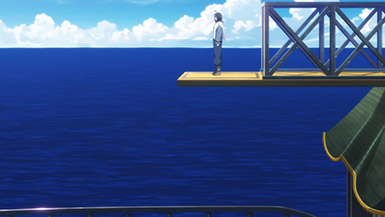 |
 |
 |
 |
 |
 |
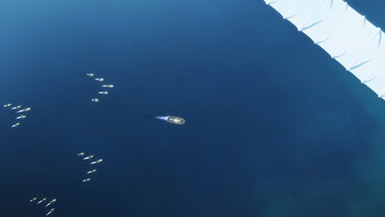 |
 |
 |
 |
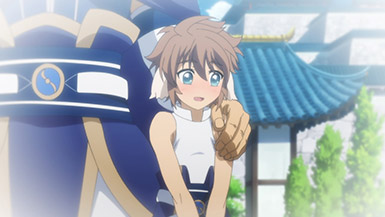 |
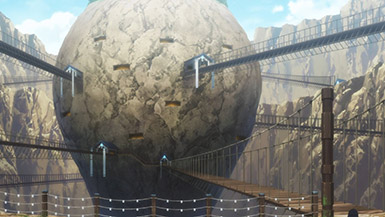 |
 |
 |
 |
 |
 |
 |
 |
 |
 |
 |
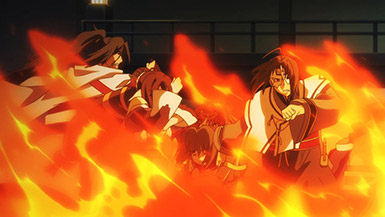 |
 |
 |
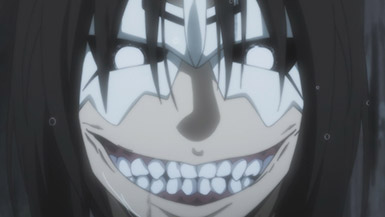 |
 |
 |
 |
 |
 |
 |
 |
 |
 |
 |
「妄執の炎」 (Mōshū no Honō)
“Flames of Dark Obsession”
Maroro is a clown. I don’t mean to insult the man or be culturally insensitive about his elaborately unique makeup, I am simply stating what his role was throughout the second act of Utawarerumono. Quite obviously, in Mask of Deception he was mostly there just to be funny and to round out the cast by providing Haku a harmless male friend with whom to chum aroun. In short, he was comic relief, and perhaps more importantly the audience never had any doubt that he was comic relief. There could be no clearer signal than making Maro completely silly in all respects from looks to voice to actions. That’s why he’s a clown; when a clown steps into the ring it’s quite clear that silliness is their purpose.
Part of the reason why obvious clowns are important is because we’re supposed to laugh at them. They are the butt of every joke, bumble into what would otherwise be painful pratfalls, and suffer every indiginity imaginable. And throughout all that we’re supposed to have a chuckle at their expense. There is a theory of comedy that suggests that humour is derived from schadenfreude, that the subconscious relief and gratification we feel seeing bad things happening to people who are not us makes us laugh. It wouldn’t do, then, for our schadenfreude to be overtaken by pity. Needless to say, It is hard to laugh when we’re feeling awful about the abuse being heaped on the butt monkey. Hence the clowns, the designated comic relief, characters we are specifically give license to laugh at because of the implicit understanding that they are ‘just’ the comic relief and no matter what happens to them it won’t mean anything in the end.
And Maro would have done perfectly well as a clown if Utawarerumono had remained a circus. Unfortunately, Utawarerumono only moonlights as a comedy and when it goes back to its day job as a drama the comic relief are suddenly out of a job. Of course, Utawarerumono is not unique in getting dark and serious in its third act and many other stories that do so will simply shoo out the clowns and keep them out of the story when laughs are not wanted. But that’s a waste of a character; why shoo out the clown when you can break him? Congratulations, Maroro. You’re a dramatic character now.
And now, we are supposed to pity Maroro. In a world full of geopolitical intrigue, great warriors, chess masters willing to make grave sacrifices because the ends justify the means, Maroro represents just a decent, reasonable (demi-)human being. He has no grand designs, no irrational pride, no higher cause that he must put above all else. He’s intelligent enough but he wanted to resign as a tactician because decent and reasonable people don’t belong in that world. He’s like Haku, before tragedy and trauma drove him to become the great general, Oshtor. And so that’s what’s forced onto Maroro as well – tragedy and trauma. Now he, too, is a great general. Alas.

It’s also because of that thing they made him drink earlier tampering with his memories. I’m assuming that’s what happened anyways.
Maroro fed with LSD becomes a very strong enemy huh?